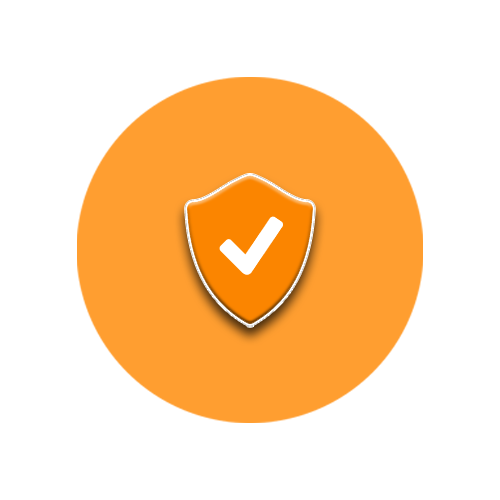How Can You Save Yourself From Credit Card Scams?
When someone uses your stolen credit card or the information from that card to make illicit purchases in your name or obtain cash advances using your account, this is how credit card fraud works. Credit card fraud is common; therefore, it might occur to you.
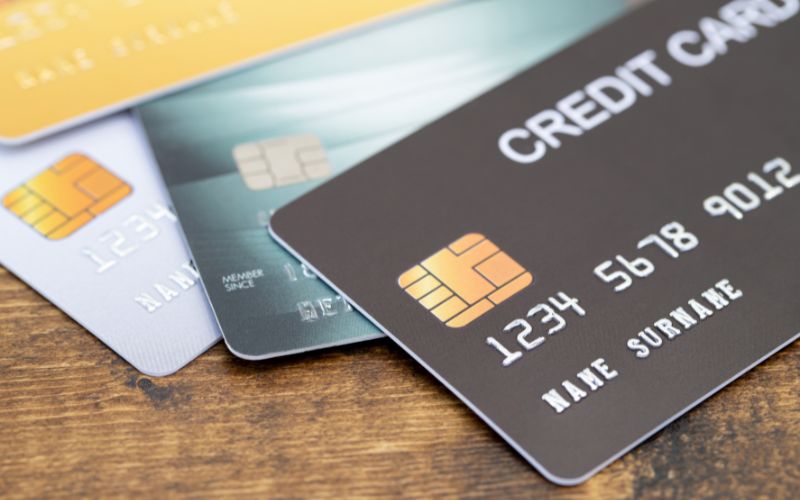
Latest News & Scam Alerts
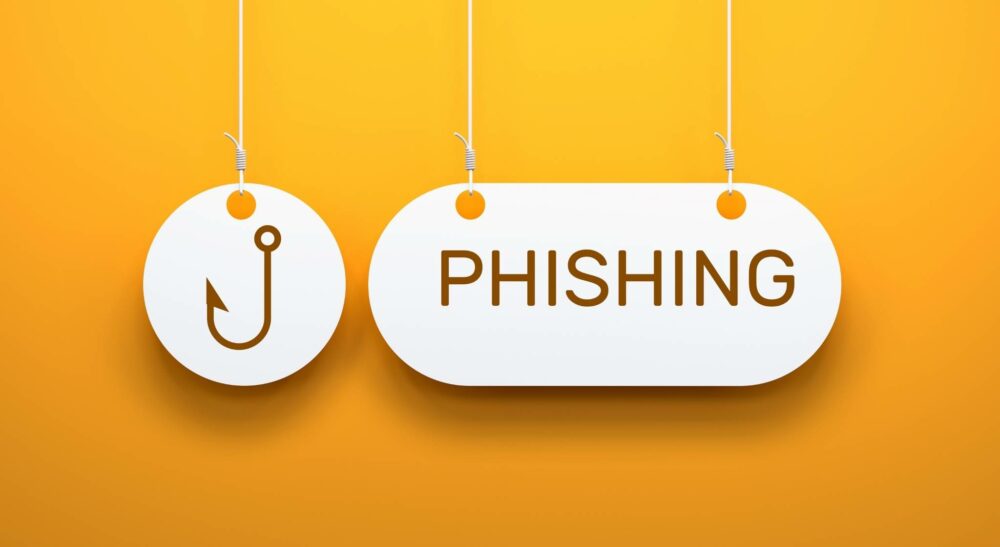


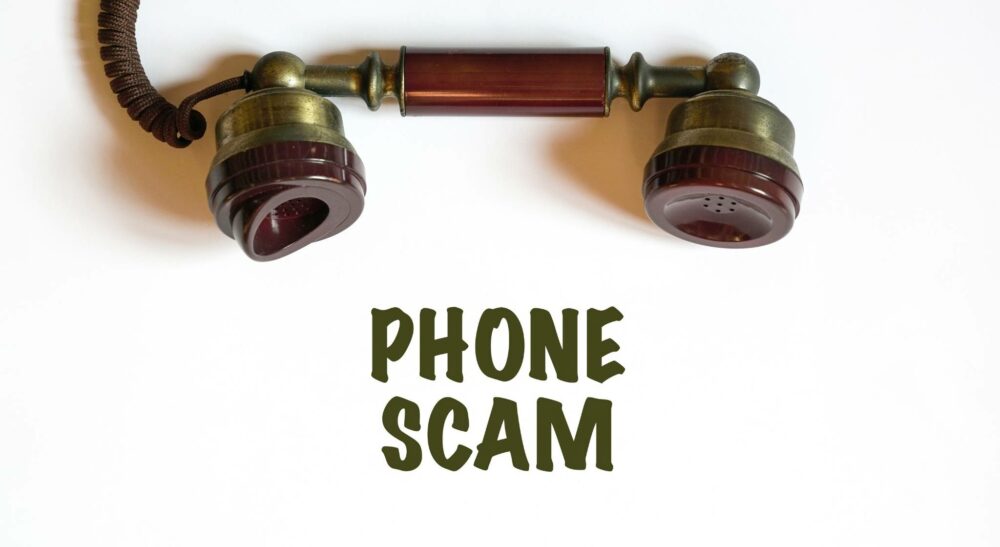
The Latest 411 on Current Day Cell Phone Scam

Smishing: A Whole New Level of Scams & Frauds
Over £27million lost to scams involving crypto and forex investments in 2018/19
Securities and Exchange Commission
If you’re someone who is into Banking, then you’re definitely at the right place. We can give you the best practices in identifying red flags as well as help you in recovering your stolen money from scammers!
Table of Contents
How to Avoid Credit Card Scams?
- Never share your account numbers online. Call your bank or credit card company to verify suspicious activity claims.
- Be sensible. If established corporations deny credit, it won’t be simple elsewhere. It’s almost certain that these fly-by-night firms want your money.
- Bad credit can only be fixed through time, tenacity, and honest bill-paying. Credit agencies can repair inaccurate negative credit information on your record. Recognize credit repair scam signs.
- Never answer unknown phone texts.
- Install a sound computer security system to prevent malware. Never open unknown attachments.
- Avoid dialing 900. Legitimate firms offer free 1-800 numbers.
- Read the contract before signing. Cancel your trial offer in writing and by phone. Threaten to call the Better Business Bureau or an attorney if there is resistance. These firms may be breaking the law. They don’t want angry customers.
- Stay away from these sites. You were not born yesterday night. Avoid this trap with common sense.
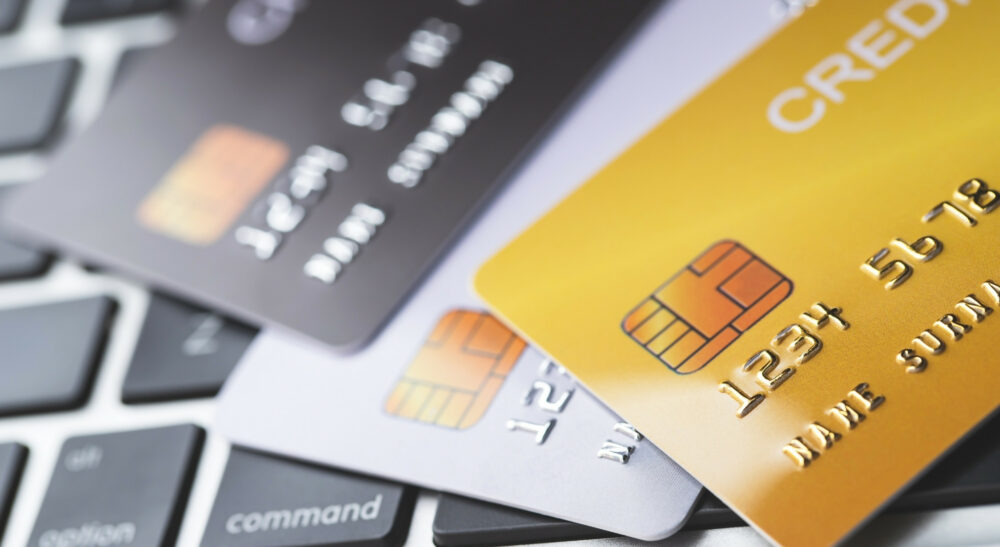
The Most Common Fraudulent Practices Include:
Phishing
Scammers can easily steal user names, passwords, PINs, and credit card information by impersonating trustworthy people.
How? Consumers may receive emails about suspicious account transactions. The supposed bank may request that consumer’s card number to “investigate.” Someone can hack the account using that information.
Misleading Advertisements
There are always credit-card signups in print, on TV, and online. Easy credit, low rates, no fees, and ample credit limits are attractive to people who can’t get credit cards from established corporations.
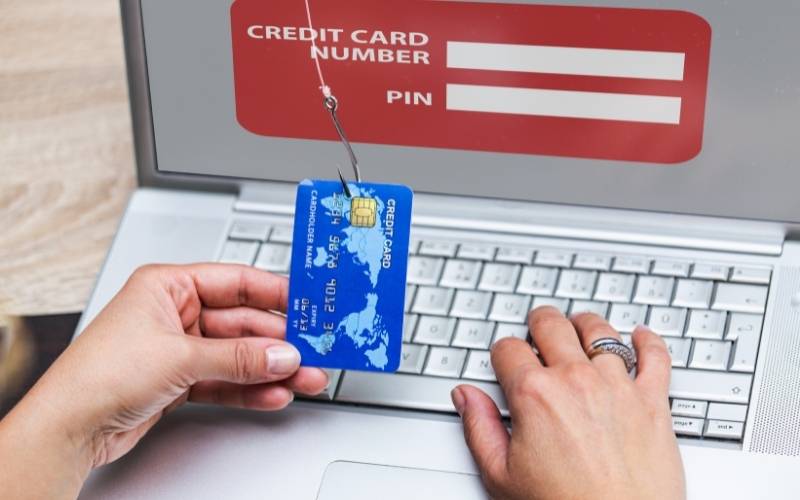
Credit Repair Promises
Some businesses advertise their ability to erase bad credit information from a person’s past, even if it is true. The FTC prohibits such claims.
Text Alerts
Your phone receives an emergency text about a “problem” with your account. To “repair” the account, you’re asked for the card’s three-digit security number.
Malicious Software
Some websites download malware, key-loggers, viruses, and pop-up advertising. They demand passwords and other personal data.
1-900 Numbers
Credit card information is available by calling 1-900. Scammers profit from phone charges.

Fake Trial Offers
Consumers accept trial offers without realizing they must cancel to avoid credit card charges.
Online Auction/Shopping Sites
Bidding strategies on these sites trick customers into buying. They may sell fake things.
Common Credit Card Scams
174 million Americans spend trillions on 636 million credit cards each year. That’s a lot. Scammers use devious means to steal money.
Criminals utilize several methods to steal credit cards, credit card histories, and other personal information, but regulations protect consumers against unfair tactics by legitimate banks and credit card firms.
Most frauds involve:
- Credit card or account data theft.
- Identity theft. Thieves use fraudulent or stolen paperwork to open or take over an account.
- Taking credit card information from legal purchases. Skimming is common at retail stores, ATMs, gas stations, restaurants, bars, and call centers.
- Carding, where computer programmers produce a sequence of credit card numbers and test them online for authentic accounts.

Do you suspect that someone had scammed you?
If you have any suspicion of a scam or phishing attack, then you can rely on EZChargeback to help you with protection, mitigation, and fund recovery.
You will feel safe knowing that experts with years of experience will be guiding you!

What to do if You Become a Victim of Credit Card Fraud?
Criminal charges are limited to $50 under U.S. federal law. Zero-liability policies at many credit card firms eliminate these charges.
There will be no charges if the credit card is reported stolen before any fraudulent transactions. Victims can recover their money by reporting credit card fraud and securing their credit accounts.
Contact the Credit Card Company Straight Away
If your card is lost or stolen, call immediately. Your credit card company will then investigate the fraud and remove any unlawful purchases.
Compromised cards will be terminated to stop illegal activity, and you will receive a new card and account number to secure your account and funds.
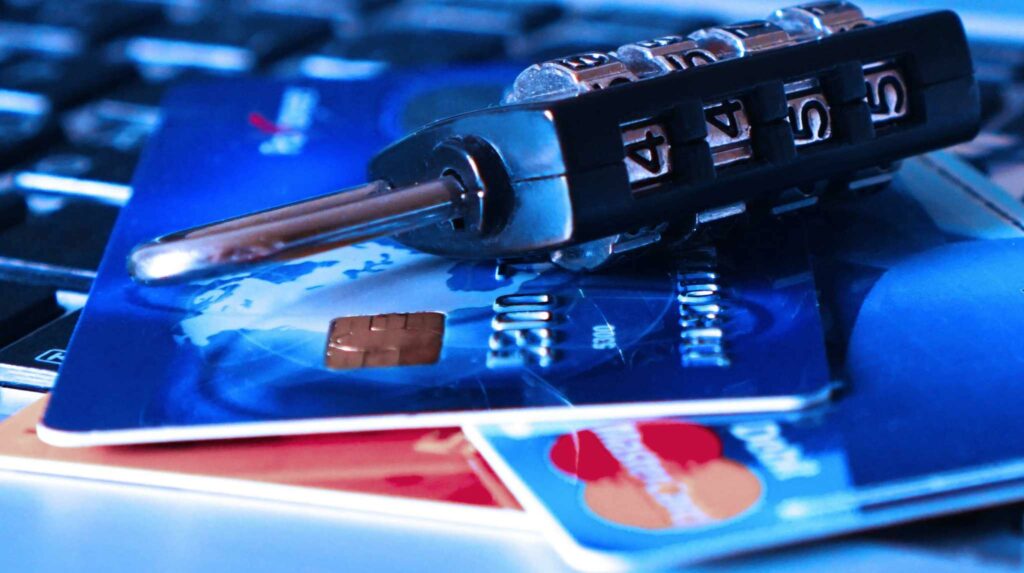
Update Your Security Details
Any PINs, internet passwords, or security data that you think may have been hacked should be changed.
Get in Touch With a Credit Bureau
To put up a security alert on your credit report, get in touch with one of the big three credit bureaus: Experian, Equifax, or TransUnion. You will receive a copy of your report, and other bureaus will be made aware of the alert.
Check Your Bank Statement
Regularly go over your monthly statements, and if you see any unusual transactions, let the bank know.
More Precautions for Credit Card Scams
- Steer Clear of Credit Card Thieves Keep cards safe. Keep them safe in a purse or wallet. Carrying a smaller handbag in high-traffic places reduces your target.
- If you just need one or two credit/debit cards that day, leave the others at home. Carry cards apart from cash. If your wallet is stolen, so are your cards.
- Keep your card covered. Remember that thieves can take images of your credit card with a camera or cell phone. Put the card away right after the purchase. Always leave the store or restaurant with your credit card. It’s readily lost and destructive if exposed, even briefly.
- Shred credit card billing statements since they may contain the whole card number. Put the shredded pieces in various garbage bags for extra security (yes, there are actually eager thieves who try to piece together shredded pages).
- Pay Attention to Statements and Receipts Unauthorized charges indicate credit card fraud. Report any unauthorized charge to your credit card company immediately. The firm can advise you to end the account and get a new number.
- Like a bank account, review and reconcile your credit card bill.
- Verify the credit card receipt amount before signing it. Write $0 or draw through blank areas before signing. Keep receipts safe.
- Only provide your credit card number on calls you initiate. Use the credit card’s back number to call customer service. Do not return calls from your answering machine or email/text messages. Scammers may pose as credit card issuers.
- Never click on emails from companies that use your personal information, even if they look authentic. It’s generally a phishing scam that leads you into inputting your login credentials on their false website. Instead, log in to the business’s official website.
do you need help?
A lot of those who contact us have questions and concerns about their personal and business data being compromised. We aim to arm you with the legal and technical know-how in the fight against scams. Also, we will be able to refer you to top scam recovery agencies.
Please fill up the form. Rest assured that our support team will get in touch with you





